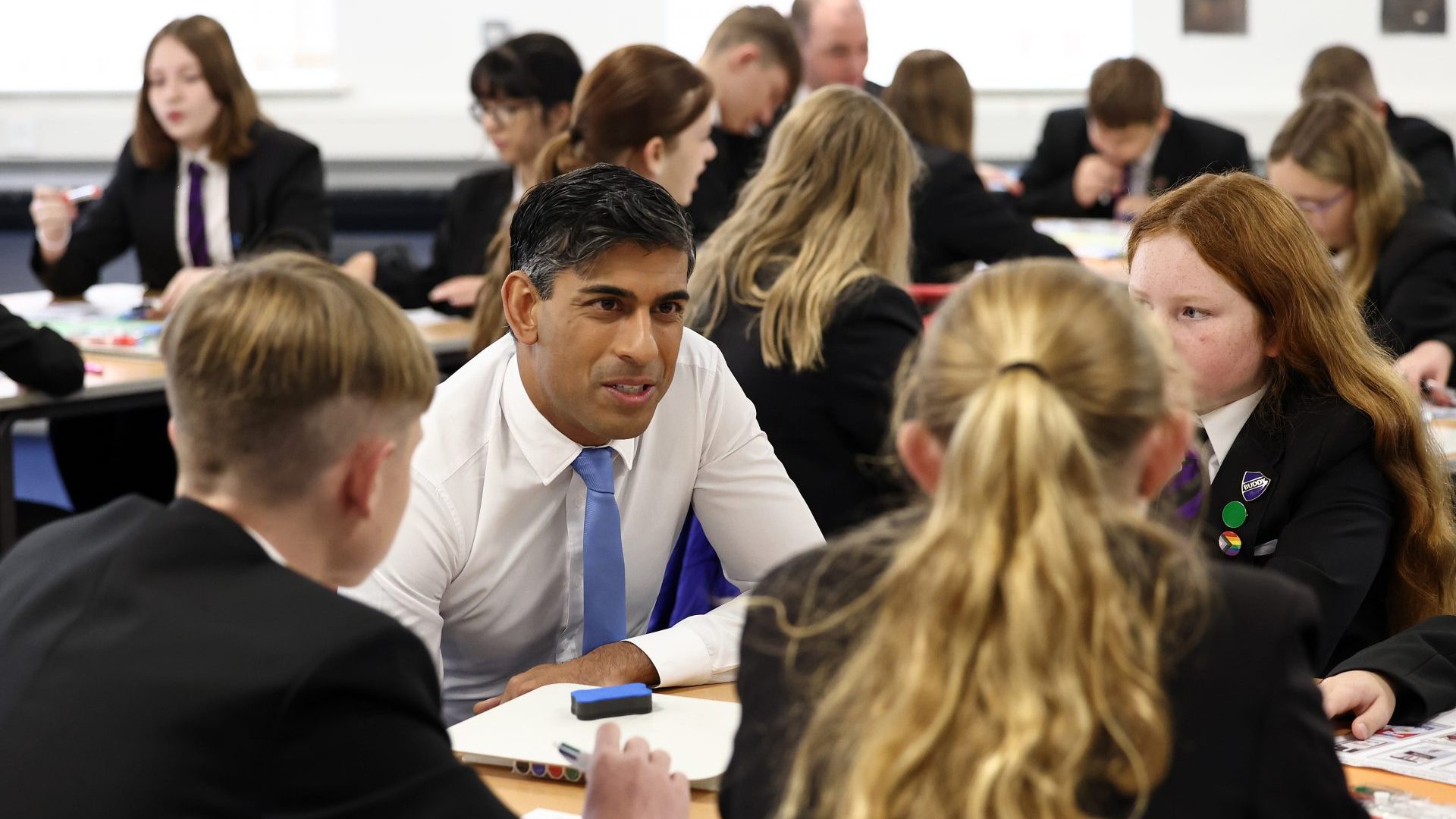When it comes to poverty, few organisations know as much or are as respected as the Joseph Rowntree Foundation (JRF), whose founding mission is to help speed the world “to a more equitable and just future, free from poverty”. So its annual report on poverty in the UK is essential reading, even if it is all too easily drowned out against the current torrent of news.
There are some positives in the report, albeit not many: in 1994, 28% of UK pensioners lived in poverty, while today that’s just 18%. All of that improvement was achieved by 2008 (notably before the current government came into power), but it has shown little backsliding – pensioners are now the least likely of all groups in the UK to be in poverty, tied with working age adults without children.
All of the other news is bad. The starkest line in the report comes near the top: “It has been almost 20 years and six prime ministers since the last prolonged period of falling poverty.”
That is a catastrophic failure of six successive prime ministers, only one of whom – Gordon Brown, under whose watch the financial crash occurred – seemed to really care about it, having made an intervention on poverty just last weekend.
Since then, five Conservative PMs have overseen an economy in which real wages are still lower than they were in 2007, which disproportionately hits those at the lower end of the income distribution.
A stark and unforgivable fact is this: the people most likely to be living in poverty in the UK are children. More than one child in four (28%) in the UK is growing up in poverty. Even the UK’s heartless ministers can surely not blame children for their own predicament – any benefit system that allows these levels of childhood poverty has failed, and demands urgent reform.
Despite how things might feel given the cost of living crisis, UK poverty is more a case of one historical government doing lots of damage, and everyone who came after failing to fix it. JRF notes that in 1979 only around 14% of UK households were living in poverty, versus 22% today – with the increase predictably happening under Thatcherism.
The Blair/Brown government put only a small dent in poverty post-Thatcher, while the Tory-led governments since have overseen a modest increase.
Essentially, every government post-Thatcher has accepted the increase in poverty her policies caused as a fact of life, when it is obvious they needn’t be. Gordon Brown last weekend made an ultimately pointless ask of Jeremy Hunt to put poverty at the forefront of his budget in March, which is the stuff of fantasy.
Hunt is going to offer the tax cuts he mistakenly thinks voters want more than functional public services, will stick to that path, and then blame his boss when the Tories get drubbed at the ballot box. Rishi Sunak’s is not a government that cares about the suffering of children, whether they are on boats across the channel, struggling in detention centres, or sitting in classrooms too hungry to learn.
If the Conservatives won’t care, that means Labour must – but it has seemed an artefact of Labour ever-since Blair that the benefits system must never be mentioned and nothing must be promised to tackle poverty.
This is true of every Labour leader without exception: Jeremy Corbyn’s supposedly beloved 2017 manifesto – which was famously “fully costed” – basted its costings on keeping the benefits freeze for two years, despite its generous giveaways elsewhere.
Starmer has shown no more interest in benefits than did Corbyn, and the fact supposedly left wing activists barely mention the policy under either shows how successful the “don’t talk about the welfare state” mantra has become.
Someone needs to trust the voters soon that the British public doesn’t want children to starve. This might seem like the most basic of human principles, and yet it seems to be a political impossibility – the grim reality is that the JRF report next year, and the year after, will likely look a lot like this year’s, and almost no-one will notice, or care.











